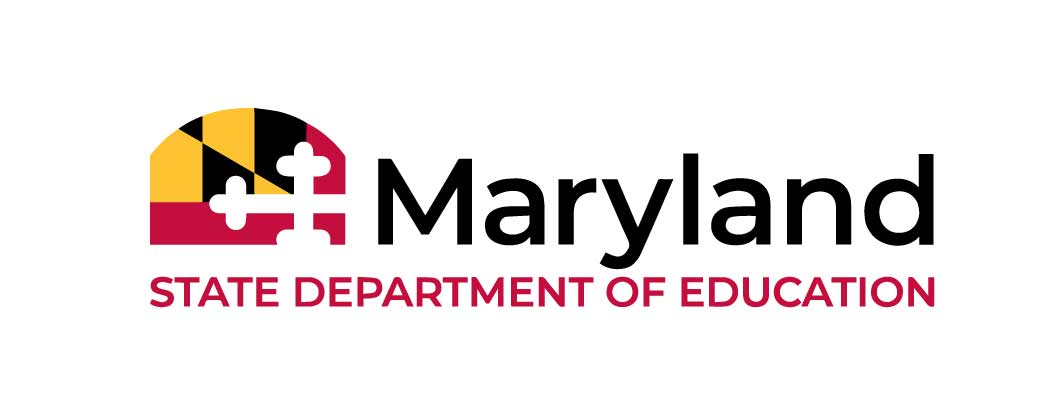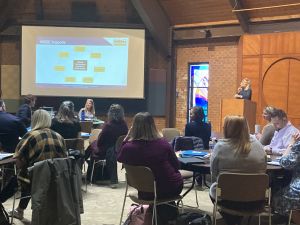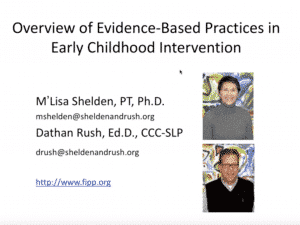Early Intervention FAQS
What Are Early Intervention Services?
Early intervention services are intended to support families to achieve desired outcomes for their young children, ages birth through four years, with developmental delays. As outlined in the federal and state regulations, states must provide a comprehensive, coordinated, statewide inter-agency system of quality intervention services for infants and toddlers with disabilities and their families. Find more information here.
Who Is Eligible For Early Intervention Services?
Infants and toddlers (under age 3) with specific developmental needs are eligible for early intervention services.
What Is An Individualized Family Service Plan (IFSP)?
An Individualized Family Service Plan (IFSP) is a written plan for providing early intervention services to an infant or toddler with a disability and his/her family. The IFSP specifies outcomes for the child and family which are driven by family concerns, priorities and resources and based on the child’s present levels of development, including strengths and needs. The IFSP also specifies the early intervention services necessary to enhance the development of the child and the family’s capacity to meet their child’s needs. More information is available in A Family Guide to Understanding the Individualized Family Service Plan (IFSP).
How Is A Child’s Eligibility For Early Intervention Services Determined?
Qualified personnel who are directly involved in the diagnosis of the child or in conducting the evaluation and assessment of the child determine a child’s eligibility for early intervention services by comparing the evaluation results (including the use of informed clinical opinion) with Maryland’s criteria for eligibility, which are consistent with the definition of infants and toddlers with developmental delays/disabilities. A written statement must document the eligibility decision.
What Is The Role Of Early Intervention Service Providers?
Service providers in each area of early intervention services are responsible for:
- Consulting with parents, other service providers, and representatives of appropriate community agencies to ensure the effective provision of services in that area
- Coaching/training parents and others regarding the provision of those services
- Participating in the multidisciplinary team’s assessment of a child and the child’s family, and in the development of integrated outcomes and strategies for the individualized family service plan.








